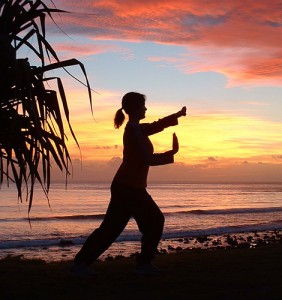 As our society continues to debate how to improve the U.S. health care system, some researchers and policy makers are asking whether alternative therapies such as massage, acupuncture and aromatherapy are effective, and whether they help save money by resolving medical problems.
As our society continues to debate how to improve the U.S. health care system, some researchers and policy makers are asking whether alternative therapies such as massage, acupuncture and aromatherapy are effective, and whether they help save money by resolving medical problems.
On a personal note, I’ve always been intrigued by medical treatments that fall outside of western medicine. I received acupuncture when I was pregnant with my son. He was breech, and there is some evidence that acupuncture can help babies to turn into the right position. (After trying several other treatment options including chiropractic adjustments and yoga, he did turn around, although it’s difficult to determine exactly what helped.)
A new systematic review published in British Medical Journal Open analyzes cost studies on complementary and integrative medicine from 2001-2010. For the analysis, the researchers found 204 cost analysis studies of alternative medicine treatments. But only 22 of the studies met quality standards to be included in the review.
In an analysis that reviews broad array of medical conditions, it’s difficult to come up with a single conclusion. But the review did find that some alternative treatments yielded the same or better results as traditional medical treatments. In total, ten treatments showed cost savings. Among them are acupuncture for breech delivery, acupuncture for low back pain, tai chi for avoiding hip fractures and nutritional supplements to prevent cataracts.
The review concludes that there is some real potential in saving money in our health care system and helping people heal faster through alternative medicine treatments. But more high-quality studies are needed that measure economic as well as health outcomes, and combine alternative treatments with typical care methods to measure how they work together.



Yoga is a beneficial workout for all people. They can make their body flexible and healthy through it. I also do yoga and I have a strong body.
“Absence of evidence does not equal evidence of absence”
There is a very scant database in the traditional Western medicine literature on alternative therapies, but this is changing.
For the time being, until larger studies do emerge, I support individual “N=1” trials to see if a single alternative intervention might alleviate a certain symptom. A good example is a 6 week trial of glucosamine-chondroitin for knee arthritis.